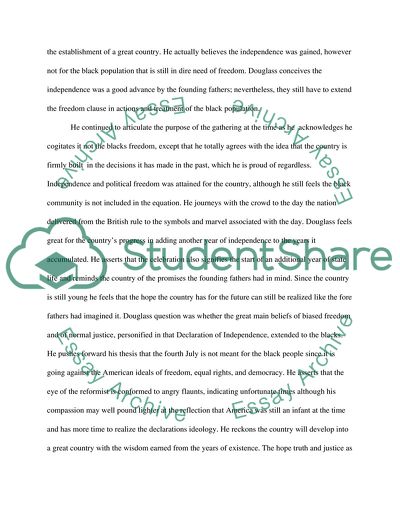Cite this document
(“Fredrick Expression of Allegiance to the Declaration of Independence Essay”, n.d.)
Retrieved from https://studentshare.org/history/1626442-you-name-it-you-can-be-creative
Retrieved from https://studentshare.org/history/1626442-you-name-it-you-can-be-creative
(Fredrick Expression of Allegiance to the Declaration of Independence Essay)
https://studentshare.org/history/1626442-you-name-it-you-can-be-creative.
https://studentshare.org/history/1626442-you-name-it-you-can-be-creative.
“Fredrick Expression of Allegiance to the Declaration of Independence Essay”, n.d. https://studentshare.org/history/1626442-you-name-it-you-can-be-creative.


